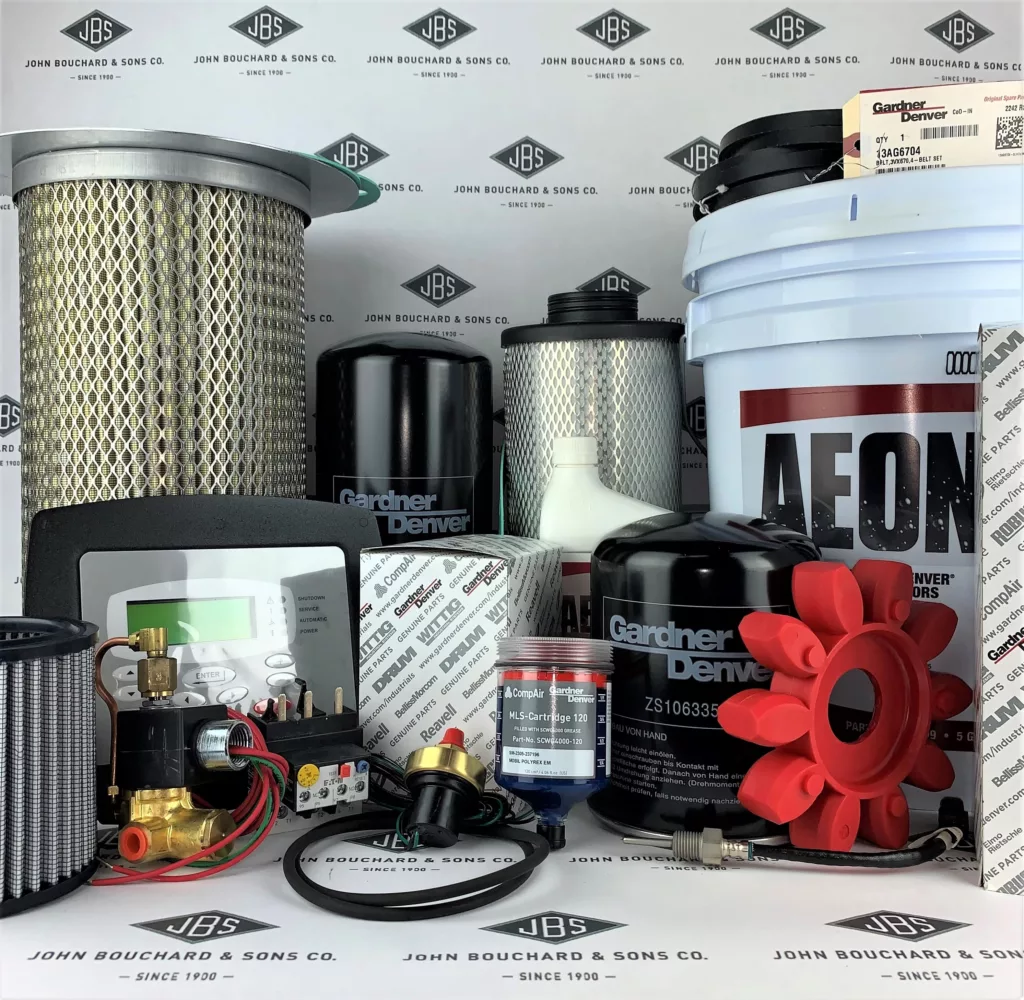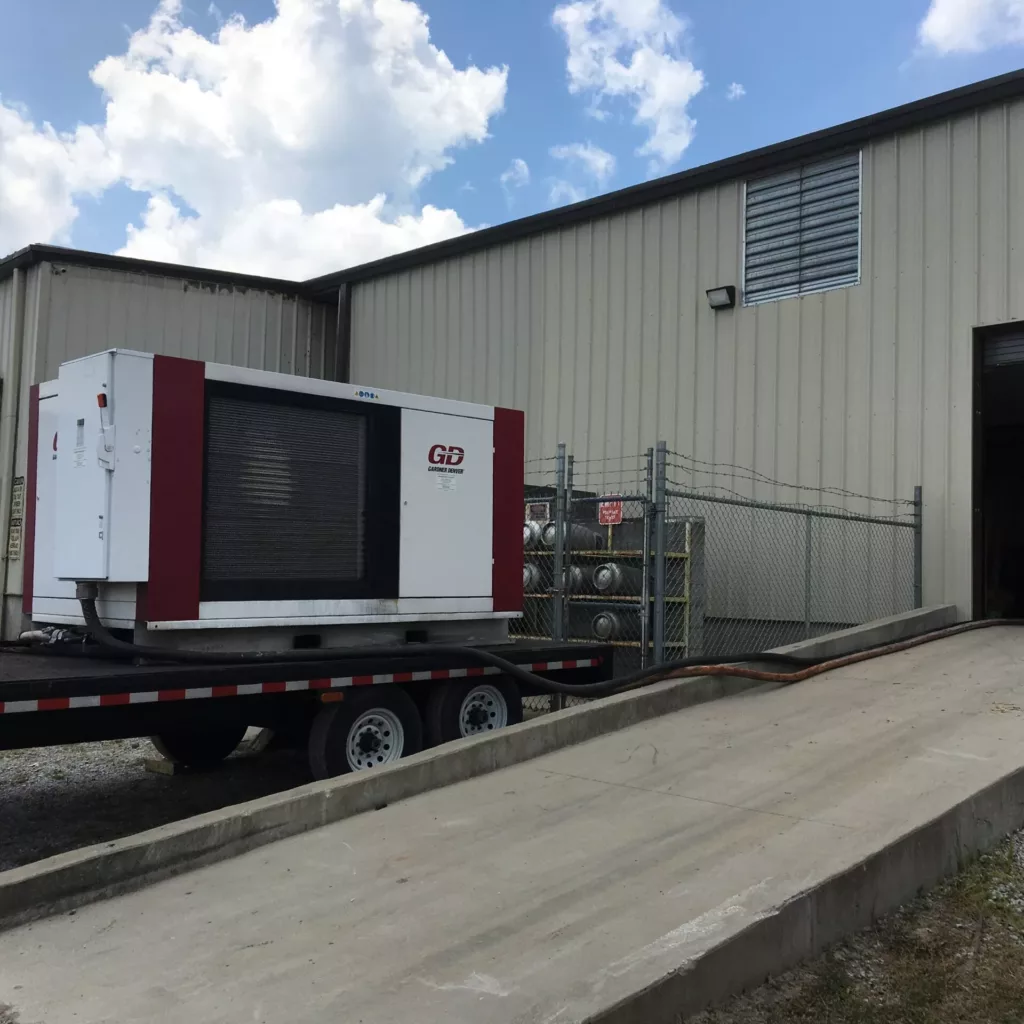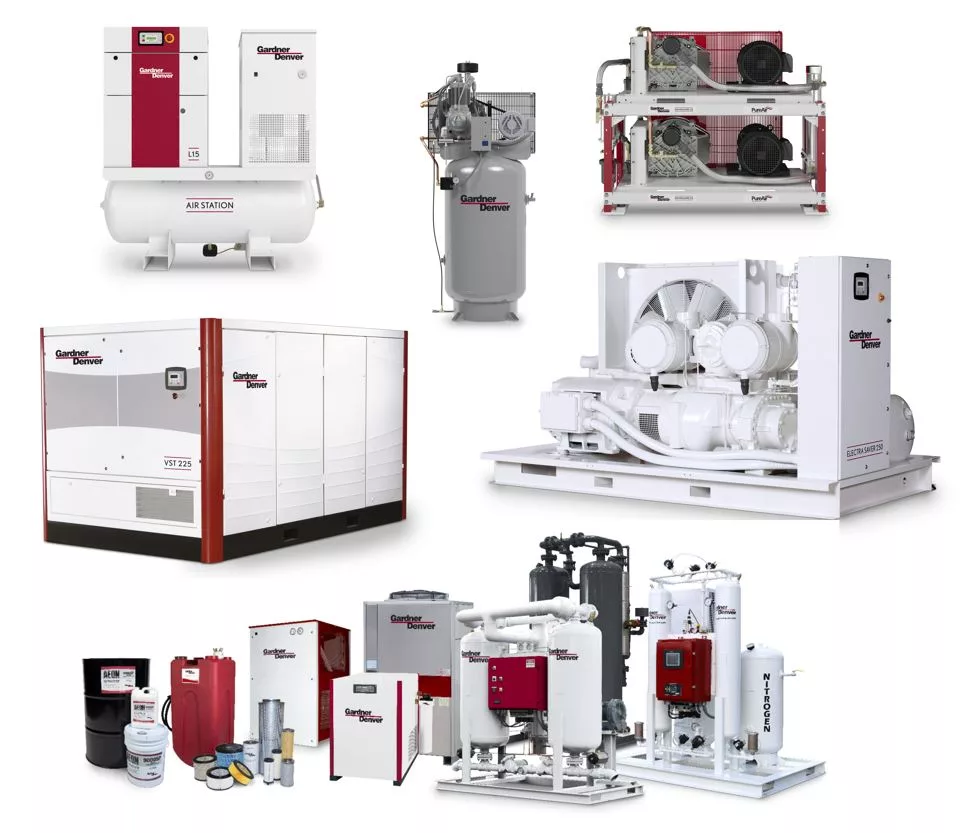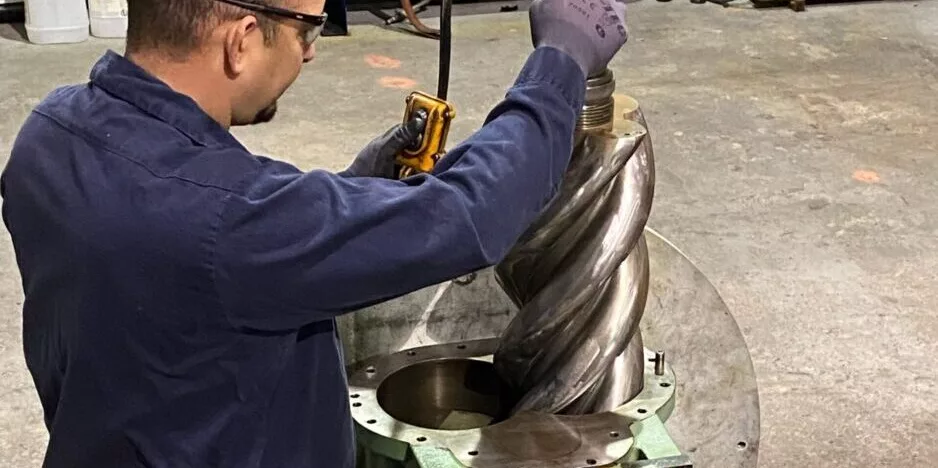How to Prepare Your Air Compressor for Winter
As winter approaches, it’s essential to ensure that your compressed air system is ready to withstand the challenges of cold weather. The frigid temperatures and moisture in the air can have a significant impact on the performance and longevity of your equipment. To prevent costly repairs and downtime, it’s crucial to undertake preventative maintenance before winter sets in. In this article, we’ll provide a quick guide on how to prepare your compressor for the season.
- Keep it clean
Proper maintenance begins with cleanliness. Dust and debris can accumulate on your air compressor, which can affect its performance. Regularly clean the unit, paying close attention to the cooling fins, air filters, and the surrounding area. A clean compressor is more efficient and less likely to suffer from issues caused by dirt and debris.
- Inspect the air filter
Your air compressor’s inlet air filter plays a crucial role in preventing contaminants from entering the compressor. During winter, it’s even more important to ensure that the filter is clean and in good condition. A clogged or damaged air filter can lead to reduced airflow and decreased efficiency. Replace or clean the air filter as needed to keep your compressor running smoothly.
- Check for air leaks
Air leaks can be especially problematic in cold weather. They not only reduce efficiency but can also strain the compressor by making it run more often to maintain pressure. Perform a thorough inspection of the entire air distribution system, including hoses, connections, and seals, and fix any leaks you find.
- Monitor oil levels
Most industrial air compressors use oil to lubricate the airend and ensure smooth operation. Cold temperatures can cause the oil to thicken, potentially leading to reduced lubrication and increased wear on components. Check the oil levels and viscosity regularly, and follow the manufacturer’s recommendations to ensure the oil has been changed at the proper intervals.
- Drain condensate
Condensate can accumulate in your air compressor’s tanks and lines. In cold weather, this moisture can freeze and cause damage. Regularly drain condensate from the tanks and dryers to prevent freezing. Install a condensate management system if necessary to automate this process.
- Maintain the air dryer
Air dryers are essential for removing moisture from compressed air. In winter, it’s crucial to ensure that your air dryer is functioning correctly. If a desiccant dryer, replace any worn-out desiccant, and check for leaks in the system. Properly dried air reduces the risk of freezing and damage to your equipment.
If you prefer the peace of mind provided by a technical expert, our team of technicians and application specialists are standing by to assist with the preventative maintenance, service and repair of your compressed air equipment. We have extensive experience with all major compressor brands.
Conclusion
Preventing winter-related issues with your industrial air compressor is a matter of routine maintenance and vigilance. By following these simple steps, you can keep your equipment operating efficiently and avoid costly repairs and downtime during the cold months. Regularly check and clean your compressor, inspect and repair any damaged components, and ensure proper lubrication and moisture management. By doing so, you’ll ensure that your air compressor is ready to face the challenges of winter head-on.
For additional compressed air expertise, visit:




